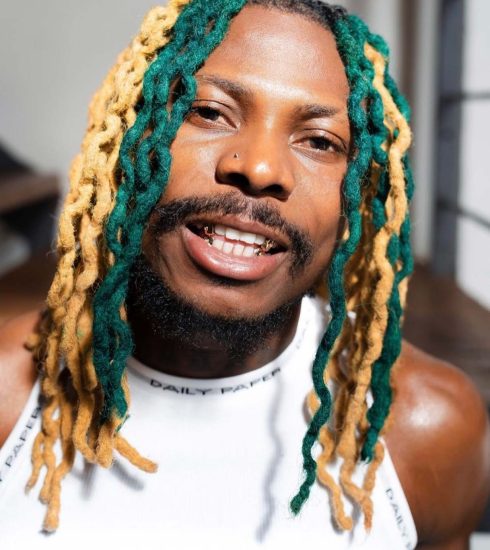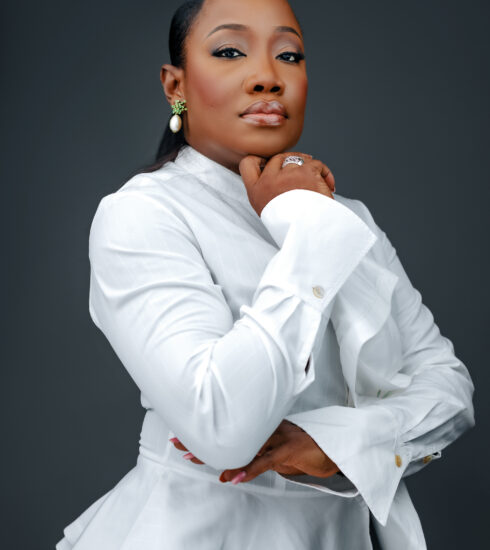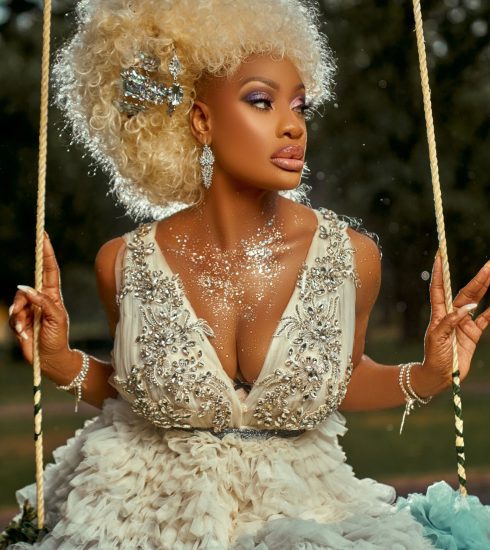From Stage to Page: An Exclusive with Kehinde Fadipe
In a world where you can be anything and as creative as you want, we have individuals showing us how possible it is to be anything and not just anything but a creative in different aspects of art and storytelling. Working as an actress already has its own workload, but that is nothing to Kehinde Fadipe, who is not just an actress but a director, a screenwriter, and a published author.
Born in London, England, Kehinde Fadipe is a British-Nigerian actress and writer known for her role in Misfits, Body Farm, and Of Mary. In addition to television, she is also known for her works in the theatre. Kehinde has continued to work on her creative side and has transitioned beyond just acting into writing.
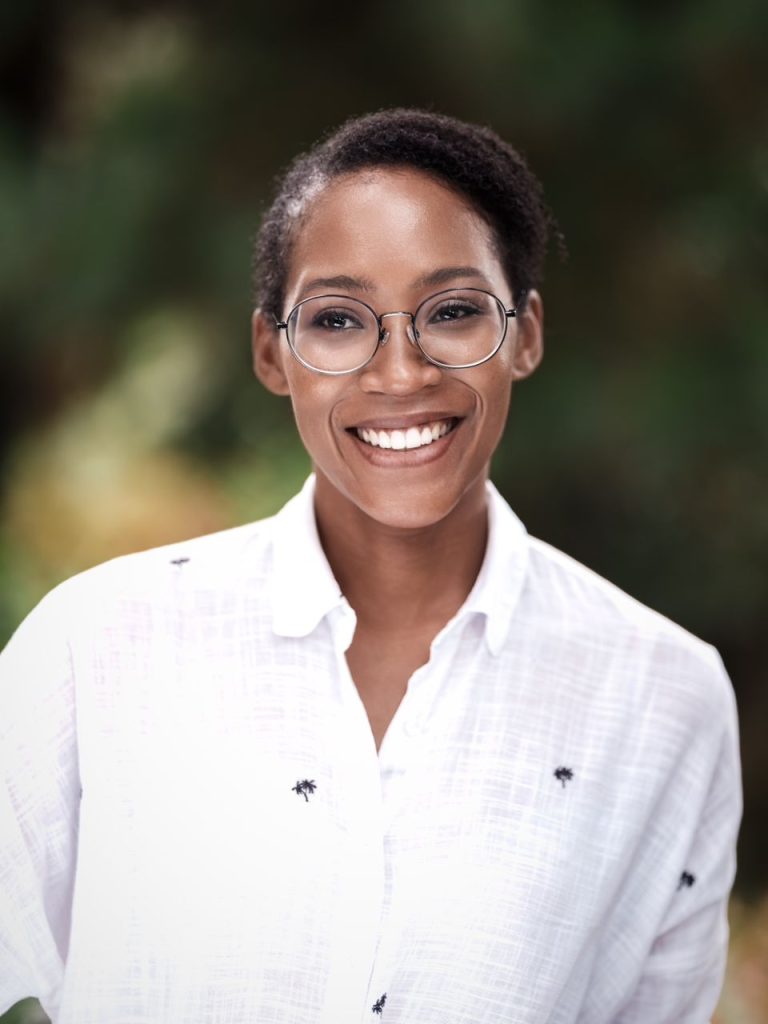
Congratulations on your debut book. Can you tell us a bit about the inspiration behind it and what readers can expect?
It’s about three Nigerian women living in Singapore, their lives, their friendships, and how they come together when a Nigerian guy moves to Singapore, and he is the catalyst for a lot of problems, issues, and chaos in their lives, but each of the three women are drawn to him for different reasons. One of them works with him, they have a workplace rivalry where their boss pits them together, the second one has a romantic relationship with him and is best friends with the first one, while the third one sees so many physical similarities between him and her father, she starts to feel very close to him, feeling nostalgic, but she has a lot of undealt issues with her family, so he kind of destabilises all three of them differently. So readers can expect to get a glimpse of what life is like in Asia for black experts. These three women are of Nigerian descent, but they didn’t all grow up in Nigeria, so while they have this unifying factor, they are very different. It’s also an exploration of some of the things that draw us to other black people of African descent when we are abroad.
As an actress, you’ve brought characters to life on screen. How does your experience in acting influence your writing process and the development of characters in your book?
I would say the only way it influences it is that I am accustomed to writing detailed character biographies. If I am playing a role, I would spend a lot of time researching the historical content of the material. I also write for screen, and I am used to working with plays a lot; I don’t write plays, but as an actor, I have read a lot of plays and done a lot of plays, it formed the way I write dialogue, and dialogue is important in this book. So those would be the two ways: character development and dialogue.
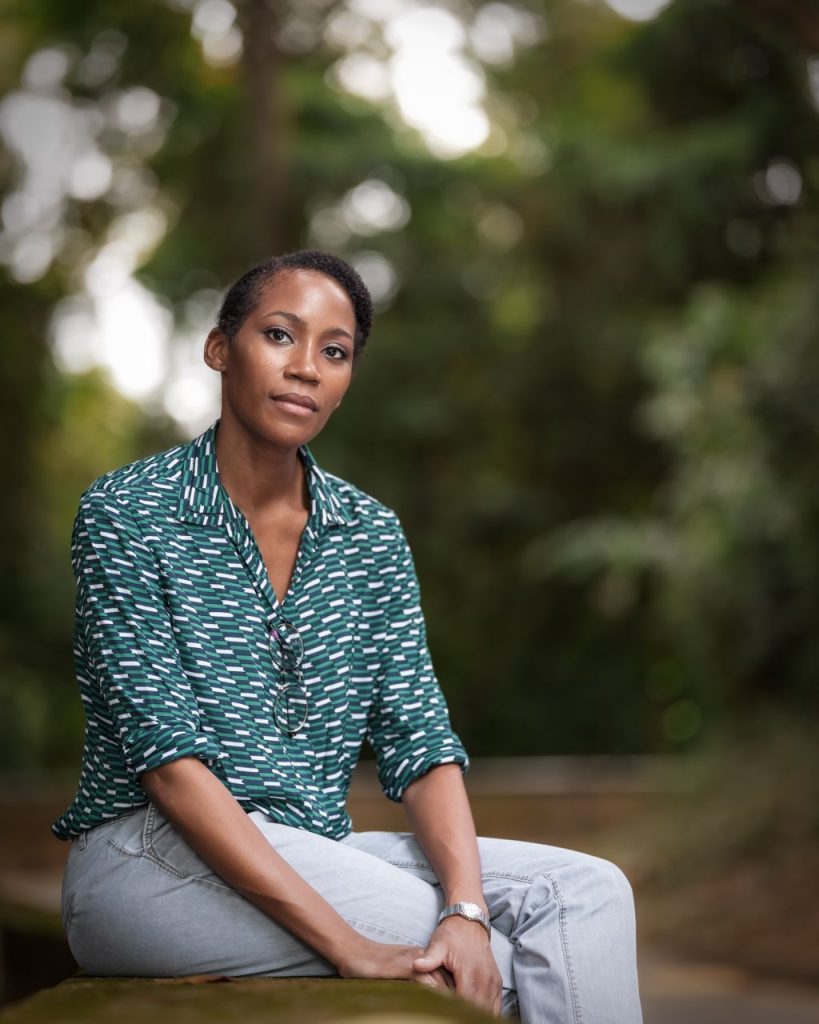
Balancing two creative careers—acting and writing—must be challenging. How do you manage your time and stay focused on both pursuits?
Okay, firstly, it’s not just writing and acting; I haven’t done any acting in a while. It’s acting and directing. I write scripts, and I work as a copywriter and a content writer. I don’t think focus is a challenge; I think for anyone who is running their business or is self-employed, some things are ticking off, some things are quieter, and there are some things you need to invest more time in, so I think the challenge is balancing between left brain and right brain.
Your book Such Tremendous Heat explores suppressed but not healed grief. What drew you to explore this particular subject matter?
I agree that suppressed grief is an emotional baggage that connects all three characters. But I agree with suppressed grief and that kind of emotional baggage from their childhood. I would say there was no intention of exploring a particular scene. It’s not like I had a personal experience, and the book is not autobiographical in that way. It naturally and organically developed that way.
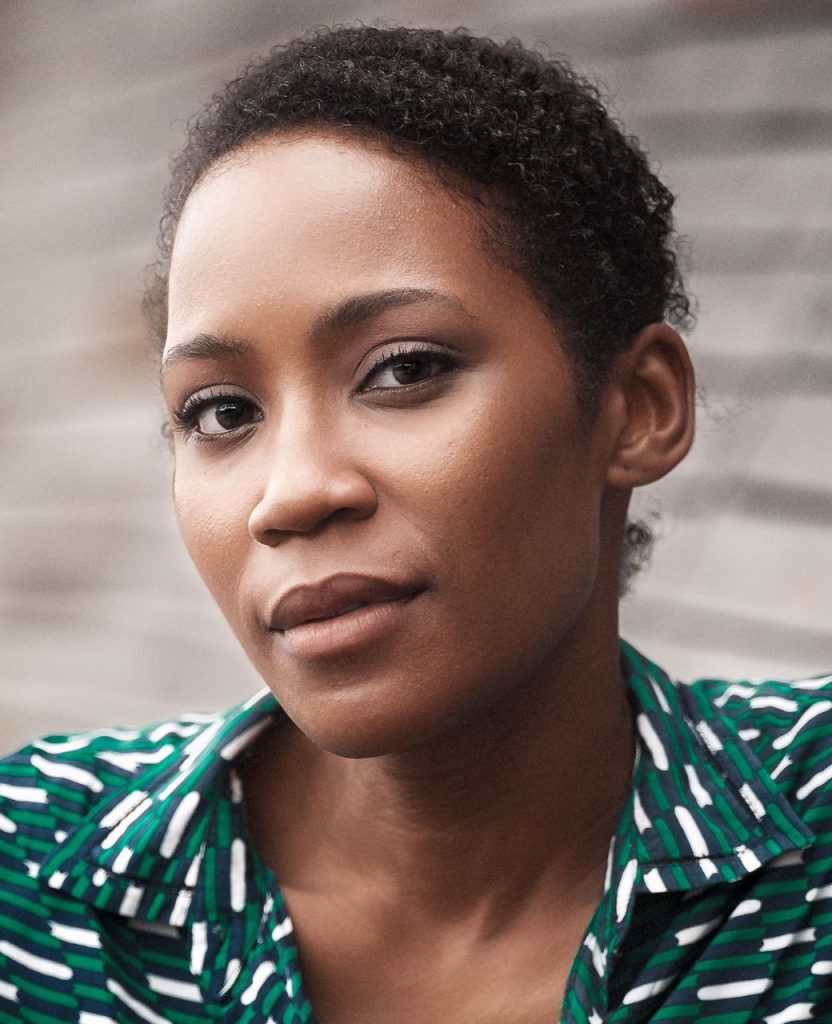
How do you approach character development in your writing?
First of all, I would say I am drawn to character-led books, and maybe that’s coming from the theatre background where you can have many characters on the stage, and all their voices have to be very distinct. I am currently working on a book that has more perspective, so three for me is not much. You see songwriters who like to write in first person; it’s like their comfort zone, but that’s not the case for me. I am naturally led to multiple perspectives, and the challenge is how to keep each one’s voice different and unique; so for me, I can’t start writing without the characters being very clear, so it needs a lot of thinking before I start writing. I have to be very clear about the general essence of the characters and the type of characters they are. I have to think and know what makes them who they are, things like how they take their breakfast, how they like their tea, what they are drawn to, and things like that.
Are there any characters in your book that you particularly resonate with?
I resonate with all of them. I love all three of them very much, even some of the secondary characters. I love them, and I am always so pleased when I talk to readers; they liked someone who was a secondary character and wish they had read more of them; that is always a great feeling for me. I found all of them satisfying to write about, but for me personally, Lilian, a Nigerian-American woman who is a pianist, I felt she was very important to get right because she exists in a place where she is very sensitive, very emotional, she’s an artist, a creative, she suppresses a lot of who she is, through her we see a lot of suppressed grief. She doesn’t explode, she implodes. There’s just a lot of stuff happening with her that we don’t always see in black female characters. So, while writing, I was thinking if people would find her too emotional and too much of a softie, so yeah, I resonated with them all, but I felt I needed to get it right with her.
Your experiences in the entertainment industry must have provided unique insights. How do these experiences influence your storytelling?
Honestly, I don’t think they do. I mean, so far, I have worked mainly as an actor, and like I said, I have directed, written some screenplays, and made a short film, and looking for funding for my first feature film now. To me writing fiction as an author is very separate; it’s been a long dream of mine since I was a child, and it was something I had to make a decision about and invest a lot of time and effort into while also learning the craft of fiction which is very different from writing for the screen or the stage. Maybe one day if I wrote a book about what it was like to go to drama school or a book about actors, then I can say yes, it influenced my writing. Even when I am engaging with people in publishing and people in the entertainment world, there are very different approaches.
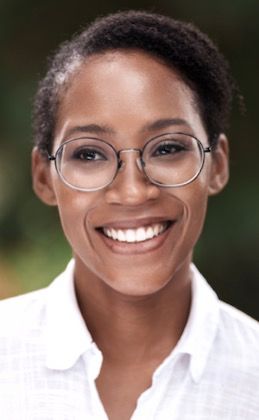
What challenges did you encounter while writing your book, and how did you overcome them?
I think the main challenge was learning how to write fiction while I was writing this book. I have written a book before, just one draft, and I decided the material was a little bit heavy. I wanted something lighter, and I was still trying to figure out my tone, my genre, the challenge was that the book took a long time to write, about eight years, on and off while I was doing other things. Finishing the book from beginning to end to keep going was challenging, so I was reading a lot of books on writing fiction, reading widely, joining a writer’s group, and I was getting a lot of feedback from other writers which I highly recommend anyone to do if they are planning on writing a book. I watched lots of YouTube videos about publishing. I tried writing for theatre, and I realised it’s not something I am good at; I definitely enjoy it, but it didn’t feel like something I am good at. So yeah, those were the challenges for me, constantly having to learn, knowing what the purpose of the first, second, or third draft is, how to develop a narrative arc, all of these things while also working full time and raising two children.
As an author and actress, how do you handle criticism or feedback from audiences and reviewers?
There are two different answers. As an actress, you are more sensitive for sure, especially if you are doing theatre. Critics will come on a particular night, and you know the theatre will be full of critics, newspaper reviewers, and magazine reviewers; they are usually very quiet; they don’t respond, they don’t react; it’s a very cold experience. But as a writer, I don’t think critics and reviews are for me. Reviews are for readers to understand what’s for them and what’s not for them; if this is a book they feel they should spend their hard-earned money on, it’s not really for me because you can get a wide range of reviews from people and it’s the same book, and I know as a reader, it depends on what mood I am in, what state of mind I am in. It’s not really for me because I haven’t read any reviews since, like, the first or second month the book came out, which is the point you are very curious about.
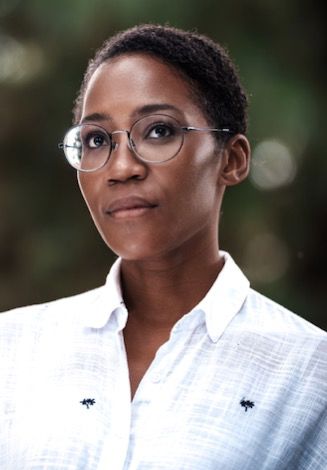
Lastly, what’s next for you? Are there any upcoming projects or creative endeavours that you’re excited about sharing with your audience?
Well, I am working on a second book that is set in Lagos, and I am enjoying it. I am also in the early stage of adapting my first book for television, but it’s very early. So yeah, those are the two things I am working on at the moment. I am excited about it. It is the beginning of a long process, but I am excited about having a lot of great black and, hopefully, Nigerian actors filming in Asia, filming something different and unique, so we will see how that goes.




